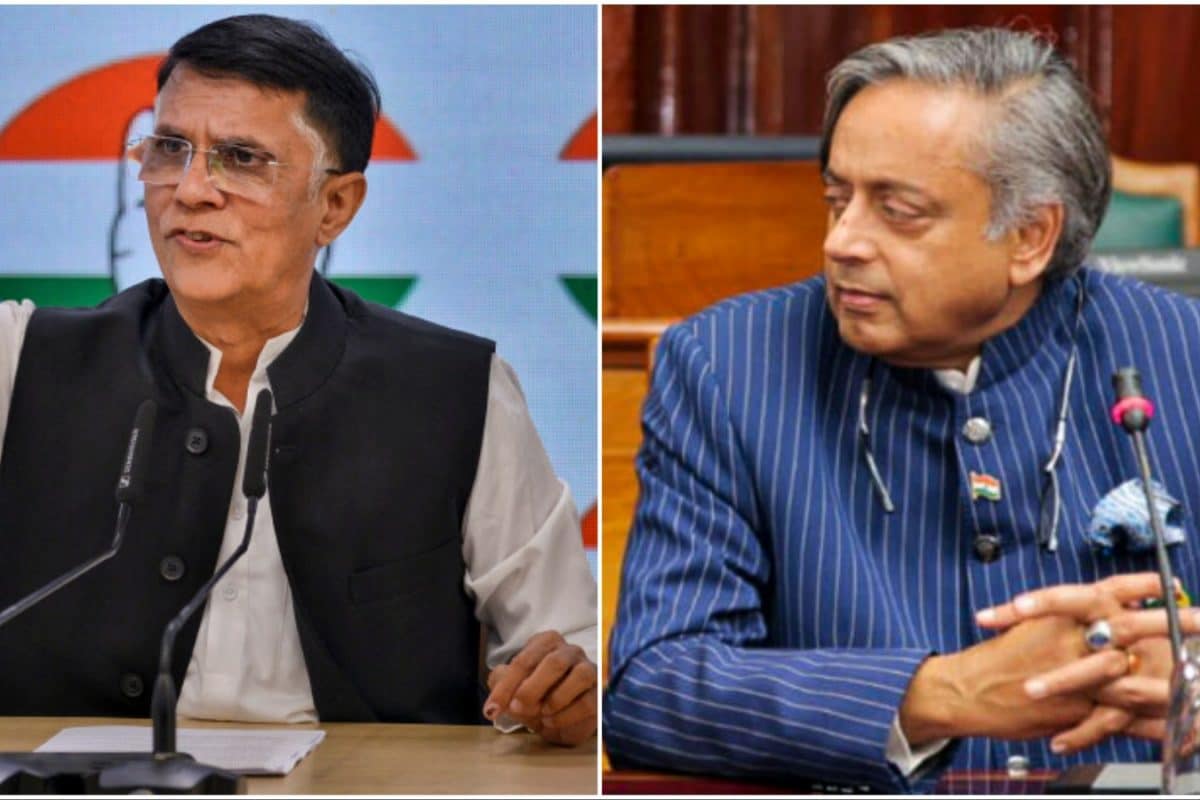

The recent exchange between Congress leaders Shashi Tharoor and Pawan Khera has brought to the forefront the complex dynamics within the party, particularly concerning differing perspectives on national security and the legacy of past and present governments. The controversy highlights the challenges of maintaining party unity amidst diverse viewpoints and the ever-present tension between political messaging and historical accuracy.
The immediate trigger for this intra-party discord was Shashi Tharoor's remarks made during a multilateral event in Panama. Tharoor lauded India's counter-terrorism measures, specifically mentioning the 2016 surgical strike following the Uri attack and the 2019 Balakot airstrike. He stated that these actions signaled a decisive shift in India's approach, conveying to terrorists that their actions would not go unpunished. He also said that this was the first time that India took direct action by crossing the Line of Control (LoC) and the international border, indicating the historic and unprecedented nature of these military operations.
These statements, however, didn't sit well with some within the Congress party. Congress leaders like Pawan Khera and Udit Raj swiftly criticized Tharoor's assertions. Their primary contention was that Tharoor's remarks seemingly undermined the Congress party's own history and contributions to national security. They pointed to previous military actions undertaken during Congress-led governments, including operations in 1965 and 1971, implying that Tharoor was either unaware of or deliberately downplaying these instances.
Pawan Khera, in particular, took to social media to express his disagreement. Khera shared a post displaying a picture of the 4 Sikh Regiment in Lahore from 1965, reminding Tharoor that even the Congress had entered Pakistan. He also shared an old interview of Manmohan Singh - in which the former Prime Minister had claimed that at least 6 surgical strikes were carried out against Pakistan during the UPA regime. He sarcastically wrote on X (formerly Twitter) that he agrees with the Tharoor who wrote the book, not the one who is now praising the Modi government.
Adding another layer to the controversy, Khera then invoked Tharoor's own words against him. He shared an excerpt from Tharoor's 2018 book, "The Paradoxical Prime Minister," in which Tharoor had criticized the BJP for what he described as the "shameless exploitation" of the 2016 surgical strikes for electoral gains. Khera's action underscored the perceived hypocrisy in Tharoor's current stance, given his earlier criticism of politicizing military operations.
Tharoor has attempted to clarify his statements, asserting that he was specifically referring to "reprisals for terrorist attacks" and not to previous wars. He accused his critics of distorting his views and words, maintaining that his remarks were preceded by a reference to attacks that have taken place in recent years.
However, the incident underscores a deeper issue within the Congress party: the struggle to reconcile differing perspectives on national security and the handling of sensitive issues. While some leaders like Tharoor may be inclined to acknowledge certain achievements of the current government, others remain more critical, emphasizing the accomplishments and legacy of previous Congress administrations. This divergence in viewpoints can lead to internal tensions and public disagreements, potentially undermining party unity and messaging.